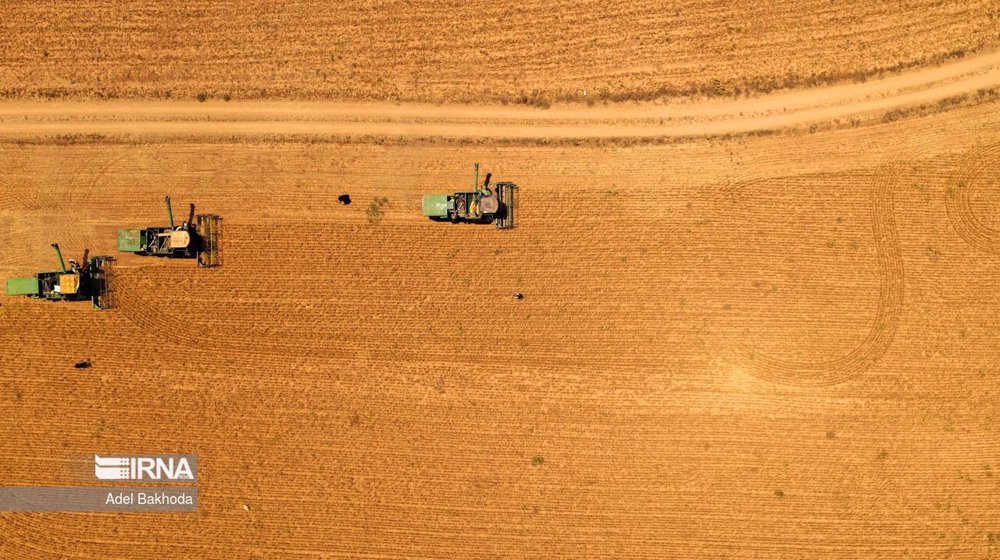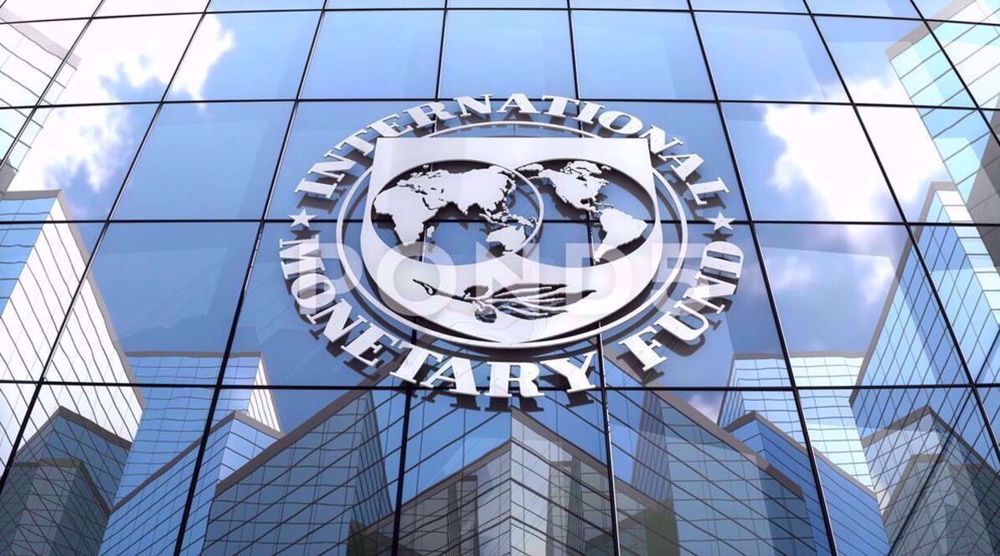Iran’s grains storage rose 5.9% in 2022: FAO
The Food and Agriculture Organization of the United Nations (FAO) says Iran’s grains storage rose by nearly 6% last year despite pressures on the global grains supplies because of the war in Ukraine and in spite of US sanctions that restricts Iran’s normal access to global grains markets.
Excerpts of FAO’s latest global food outlook report published in local Iranian news agencies on Saturday showed that Iran’s grains storage capacity had reached 12.5 million metric tons (mt) last year, up by 5.93% from 2021.
It said Iran was responsible for 1.5% of the total grains supply in the world in 2022, adding that the country had the world's eighth largest grains supplies last year.
That comes as grains storage in Egypt, a country with a population larger than Iran, was around 4.3 million mt last year, according to the findings of the report.
Iran’s total grains output in 2022 reached 20.6 million mt of which some 13 million mt was wheat, said FAO as it expected that Iran’s wheat production would increase to 13.5 million mt this year.
The UN food agency expected that Iran’s rice output would drop by half a million mt to 3 million mt in 2023 while its supply of other grains would remain flat at 4.1 million mt.
The figures come as Iran is still under a harsh regime of American sanctions that hamper its access to normal trade of grains in the international markets.
It also comes despite the fact that the ongoing war between Russia and Ukraine has negatively impacted the global supply of grains and left many countries struggling with shortages.
Democrats 'risk losing' election for backing Israeli war on Gaza, Lebanon: US journalist
Protesters remove busts of Israel's first president from Manchester Univ.
VIDEO | Hezbollah drones
US involvement in Israel’s 'regional war' unconstitutional, lawmakers tell Biden
107 years of Balfour Declaration that paved way for extermination of Palestinians
Hezbollah strikes Israeli military base near Tel Aviv
Palestinian media rights group condemns killing of two journalists by Israel
VIDEO | A Tale of Bombs, Blame, and Bedtime Stories










 This makes it easy to access the Press TV website
This makes it easy to access the Press TV website